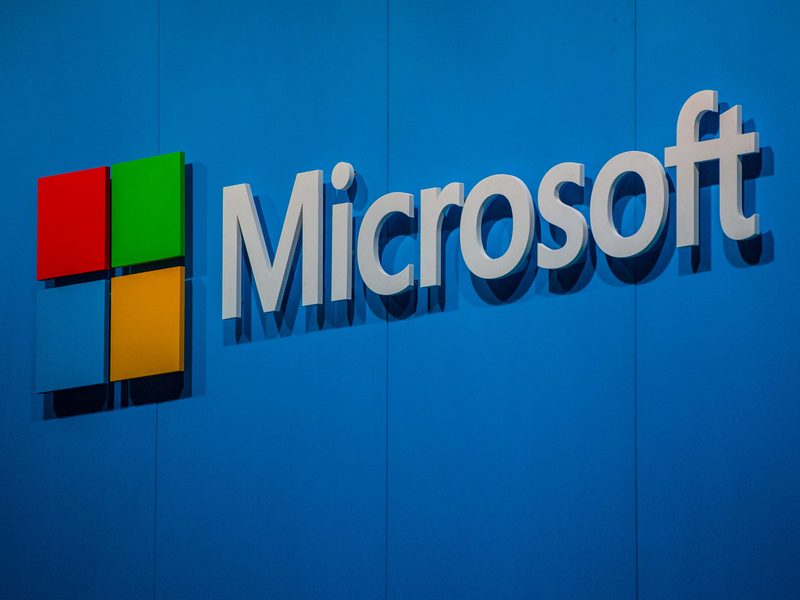Microsoft Takes Another Crack at Health Care, This Time With Cloud, AI and Chatbots

EghtesadOnline: Microsoft Corp. is trying again in health care, betting its prowess in cloud services and artificial intelligence can help it expand in a market that's been notoriously hard for technology companies.
A new initiative called Healthcare NExT will combine work from existing industry players and Microsoft's Research and AI units to help doctors reduce data entry tasks, triage sick patients more efficiently and ease outpatient care, Bloomberg reported.
"I want to bring our research capabilities and our hyper-scale cloud to bear so our partners can have huge success in the health-care world," said Peter Lee, a Microsoft Research vice president who heads Healthcare NExT.
Microsoft has tried to expand in health care before, with mixed results. It had a Health Solutions Group for many years, but combined that into a joint venture with General Electric Co. Last year, it sold its stake to GE.
Microsoft unveiled the new effort ahead of the Healthcare Information and Management Systems Society conference next week.
The University of Pittsburgh Medical Center and Microsoft want to use things like speech and natural language recognition technology to replace manual data entry by doctors, Lee said.
Microsoft's Israel office has taken the company's chatbot technology to create a "triage bot" for digital health provider MDLIVE. In a demo, a Microsoft researcher tells the bot her leg hurts. She connects the bot to her personal health account where it finds her prescriptions and confirms she's taking birth control pills. It pulls up a picture of a leg and asks her to click where it hurts. The bot notes recent exercise from the researcher's wearable device, while a scan of her calendar spots a recent airplane trip. The system calculates there's a good chance she has a blood clot in her leg, and connects her to a nurse. It can also suggest doctors and answer insurance questions.
There's also a new Microsoft project called HealthVault Insights that works with fitness bands, Bluetooth scales and other connected devices to make sure patients stick to their care plan when they leave the hospital or doctor's office.
Many companies, like International Business Machines Corp. and Alphabet Inc.'s Verily, are developing similar technology. However, the healthcare industry has been slow to adopt essential enabling technology like electronic records. Entrenched, legacy systems and rigorous regulation are also obstacles, said Malay Gandhi, co-founder of Ensemble Labs, which invests in health-care startups.
"The industry wasn't built as a tech-enabled industry," he said. Some large tech companies "are trying to sprinkle AI or machine learning over the top of existing systems and I view that as misguided. We might need to rebuild these businesses with tech at the center."
Lee found the space daunting when Microsoft Chief Executive Officer Satya Nadella asked him to take it on.
"At first it felt like he threw me into the middle of the Pacific Ocean and asked me to find land and you see others swimming around aimlessly and beneath you people are drowning," Lee said. "Big technology firms have tried this and failed."
This time, Microsoft aims to support existing health-care organizations with cloud services and AI software, rather than launch company-branded products that may compete with existing industry players, he said.
"We know health care will become more patient-focused, more cloud-based and that AI will make health care more data-driven. We just don’t know when and and how it will come together," he said "But we can position Microsoft to be there when all these changes happen."


